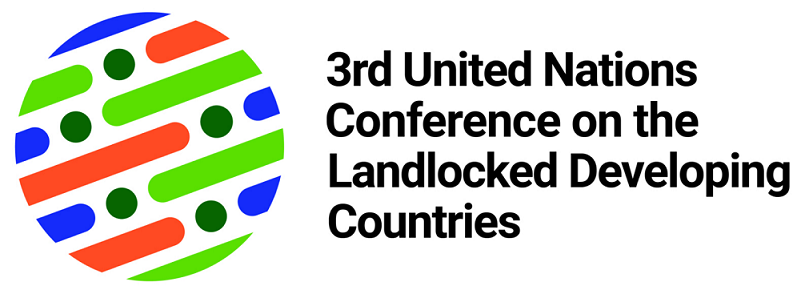The Ethiopian delegation, led by Alemu Sime, Minister of Transport and Logistics, took part in the Third United Nations Landlocked Developing Countries Conference (LLDC3) held from August 5-8 in Awaza, Turkmenistan. The Conference provided an opportunity to explore meaningful partnerships to implement the Awaza Programme of Action.
In his address at the General Debate, Alemu shared the policy position of Ethiopia on the right of all states to access the sea, to be able to exercise their shared entitlement and responsibility in the utilization of maritime resources. He underscored the equal stake of states in the economic opportunity, environmental protection, and security of the global maritime spaces. In relation, Ethiopia commended the establishment of a high-level panel of experts to explore the means of implementing the equal right of all states to access the sea.
During the conference, the Ethiopian delegation participated in the general debate, ministerial roundtables and side events on topics of national importance. Furthermore, Ethiopian parliamentary, youth, and civil society representatives participated in the conference. The delegation shared the achievements and good practices of Ethiopia in the fields of regional peace and security, trade, transport, infrastructure, and connectivity, logistics, tourism, innovation and technology, food security, regional integration and climate change.
Ethiopia showcased its experience in port and corridor development connecting Ethiopia to Djibouti, including through the Ethiopia–Djibouti railway and the Lamu Port, South Sudan, Ethiopia Corridor (LAPPSET). The delegation also highlighted the ongoing discussions and diplomatic efforts to establish access to the Sea based on mutually beneficial terms negotiated with neighboring countries.
The Conference recognized, by consensus, the development challenges faced by LLDCs due to trade and non-trade barriers, exorbitant transit fees, lack of infrastructure and administrative barriers. Calls were made to resolve these challenges on the basis of international law that guarantees the right to transit for all states and the binding obligation of coastal states.
The Conference officially adopted the Awaza Programme of Action (2024-2034) that will guide international cooperation. Among others, the Awaza Program of Action urged for the establishment of a standalone financing for LLDCs and set targets in the fields of transit, transport and connectivity, human capital development, energy development, regional integration, trade facilitation, agriculture development, and industrialization.

